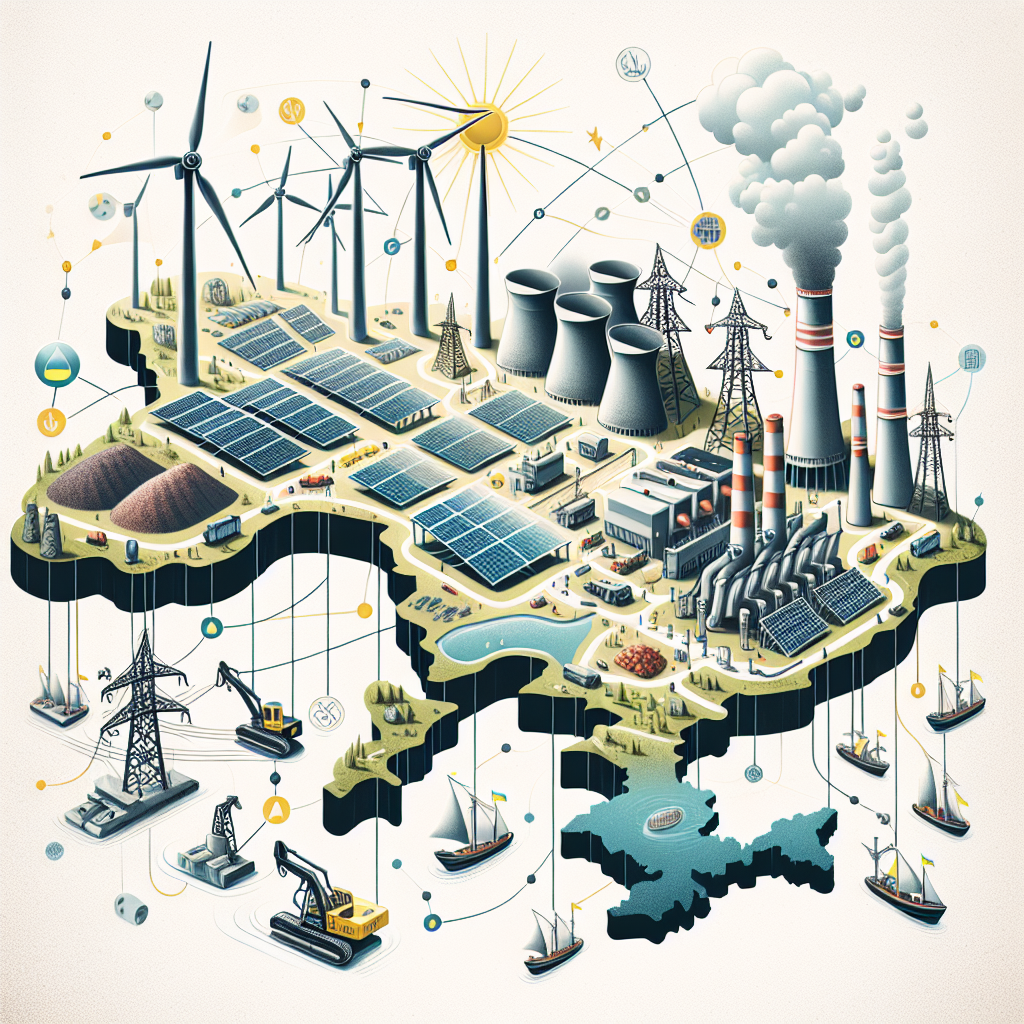Vance's Stance: Ukraine Peace Talks and Europe's Defense Dilemma
U.S. Vice President JD Vance addressed leveraging economic and military power during Ukraine-Russia peace talks, highlighting Europe's defense spending. His comments at the Munich Security Conference drew attention, especially concerning EU regulations on speech and immigration. Vance's stance prompted European concerns over exclusion from potential settlements.

In a pivotal moment at the Munich Security Conference, U.S. Vice President JD Vance underscored the United States' intention to leverage its economic and military power in possible Ukraine-Russia peace talks. His remarks extended to criticisms of the European Union's policies on hate speech and immigration, which he accused of limiting free expression.
Vance's statements, particularly about U.S. leverage, were soon clarified by his spokesman, denying any threat to Moscow. European leaders were notably concerned about being excluded from any derived settlement. This unease was echoed amid Trump's controversial interactions with Russian President Vladimir Putin, drawing sharp criticism from Germany's officials.
Highlighting the imbalance in defense spending, Vance urged European nations to enhance their military budgets, signaling a shift towards regional self-sufficiency. NATO's Secretary General supported Vance's call for greater European responsibility in defense, emphasizing a crucial transition in global diplomatic and military roles.
(With inputs from agencies.)
- READ MORE ON:
- Vance
- Ukraine
- Russia
- peace talks
- Europe
- defense spending
- EU
- Trump
- Putin
- immigration
ALSO READ
Shifting Alliances: Europe's Bold Defense Move Amidst U.S. Uncertainty
Heathrow Closure and GB Energy's Green Investment Highlight European Shifts
WHO Calls for Robust Health Data Policies to Power AI and Secure Public Trust in Europe
UFC Star Conor McGregor Enters Irish Presidential Race Opposing EU Migration Pact
AAP's Strategic Shakeup: New Leadership and Expanded Focus










